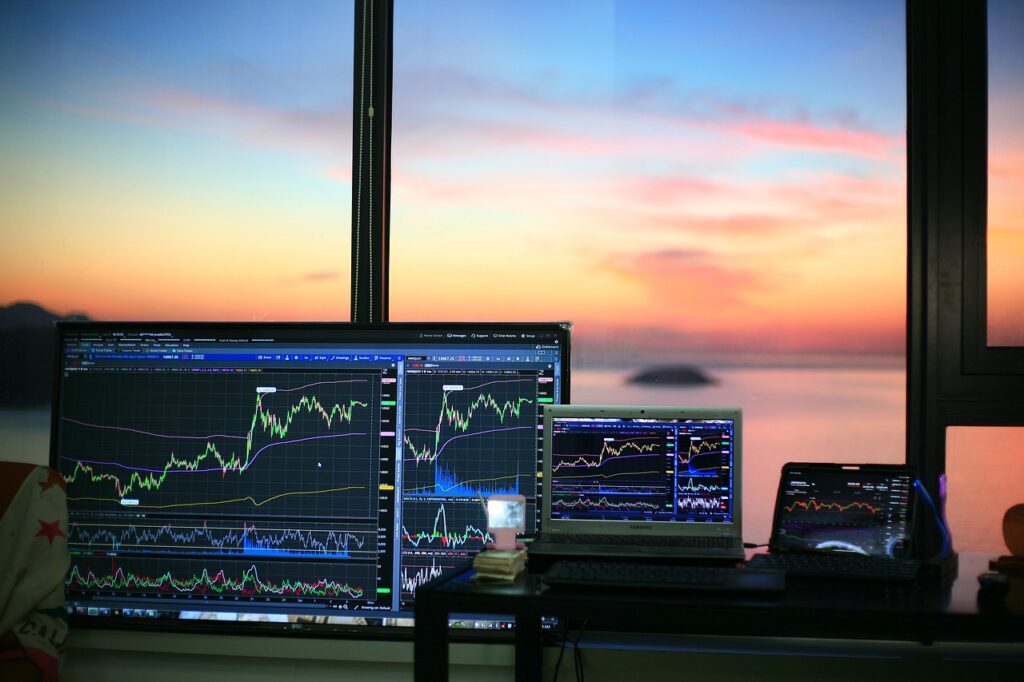The realm of forex trading in the Arab world is profoundly shaped by distinctive cultural and economic elements that set it apart from other global markets. Recently, there has been a notable increase in currency trading across this region, fueled by its young, tech-savvy population and the growing accessibility of trading platforms. This trend is transforming not only individual and institutional engagement with global markets but also the broader economic and cultural landscapes of these nations.
The appeal of currency trading in the Arab world lies in its continuous activity and vast profit opportunities. With economies varying from the oil-rich Gulf states to the more diverse North African economies, forex trading serves as a critical tool for both hedging against currency risks and speculating for gains. This sector’s growth is aligning with local cultural practices, particularly through the development of Islamic finance-compliant trading platforms. These platforms adhere to Sharia law principles by avoiding interest payments and ensuring that all trades are executed immediately, which is in line with the Islamic prohibitions against gambling and usury.

High mobile penetration rates in the region have also spurred a boom in mobile trading. Younger traders are particularly drawn to currency trading due to their familiarity with digital technology and the flexibility to trade at any time and from any place. This adaptability has led to the creation of user-friendly platforms tailored specifically to Arabic speakers, incorporating local languages and cultural nuances to better meet regional needs.
On an economic front, forex trading has introduced a dynamic new element into the financial systems of Arab nations. It has become an integral part of the investment landscape, offering liquidity and volatility that, when managed well, can yield substantial returns. For countries aiming to diversify away from traditional industries like oil and gas, currency trading offers both institutions and individual investors access to global markets and a means to attract foreign investment.
Moreover, the rise of currency trading has significantly enhanced financial literacy among the population. As traders engage more deeply with the markets, they gain a better understanding of international economic indicators, monetary policies, and macroeconomic factors influencing currency movements. This knowledge is crucial for making informed trading decisions and understanding global economic trends that impact everyday life.
The growth of currency trading has also led to stronger regulatory frameworks in the Arab world, ensuring a fair and transparent trading environment. These regulations are essential for sustaining growth in the forex sector by protecting traders from fraud and market manipulation and building confidence in the financial system. Enhanced regulations also attract more serious and professional traders, contributing to the market’s maturity and stability.
Despite its numerous benefits, currency trading in the Arab world faces several challenges. The inherent volatility of the forex market can lead to significant losses, especially for those who lack a strong understanding of market dynamics or fail to implement sound risk management strategies. Additionally, political instability in some parts of the Arab world can increase market volatility and pose risks to currency stability.
Nevertheless, the opportunities presented by currency trading, particularly in terms of economic diversification and financial democratization, far outweigh these challenges. As more individuals in the region engage in currency trading, it fosters a more robust financial sector that is competitive on a global scale.
The rise of currency trading in the Arab world is a testament to the region’s adaptability and forward-thinking approach to finance. By embracing advanced technological tools and fostering a regulatory environment that promotes transparency and fairness, the Arab world is paving the way for a new financial era. This transformation not only enhances economic diversification efforts but also solidifies the region’s position as a pivotal player in the global financial markets. As the forex market continues to evolve and mature, it will undoubtedly play a more significant role in shaping the economic future of the Arab world, attracting more participants eager to explore the dynamic and lucrative world of currency trading.
